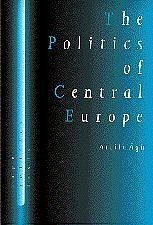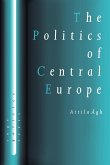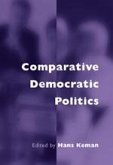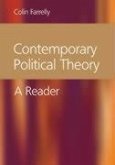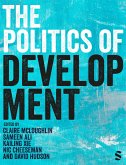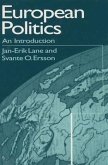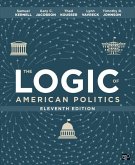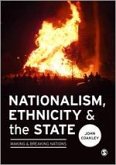This book provides a thorough introduction to East Central Europe and its renewed emergence since the momentous changes in the former Soviet bloc. By carefully differentiating between Central Europe, East Central Europe and the Balkans, Attila [ac]Agh shows how the term `Eastern Europe' was a political misnomer of the Cold War. Drawing on theories of democratization to develop a common conceptual and theoretical framework, this textbook is the first to place the political and social changes of this complex region in a genuinely comparative perspective. Through broad thematic sections the student is shown how to distinguish between processes of democratization and redemocratization, transition and transformation and is introduced to the important issues of Europeanization, nation-building, institutionalization, parties and political culture. Illustrated throughout with chronological charts and the latest data analysis, this is an invaluable guide to the emerging political systems and their future prospects at the core of the new Europe.
Hinweis: Dieser Artikel kann nur an eine deutsche Lieferadresse ausgeliefert werden.
Hinweis: Dieser Artikel kann nur an eine deutsche Lieferadresse ausgeliefert werden.

